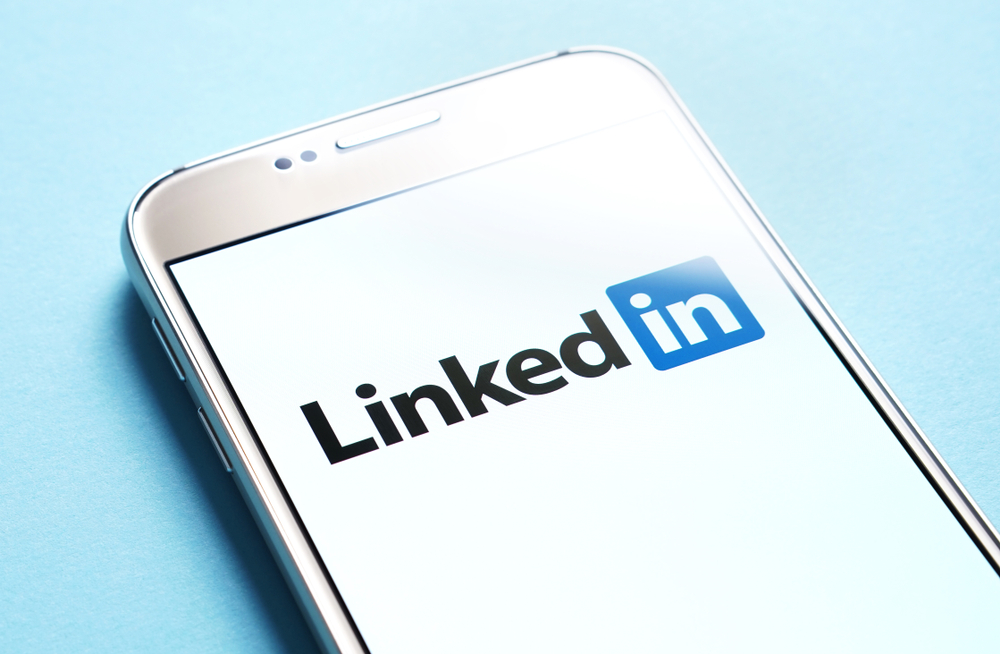Twitter, LinkedIn reverse course due to climbing COVID cases
Twitter closes offices while LinkedIn decides to allow remote work after all

The rapidly rising number of COVID-19 cases in the US is forcing social media giants like Twitter and LinkedIn to reverse course on previous decisions they’d made.
In the case of Twitter, the company is closing its San Francisco and New York offices, which it had reopened just two weeks ago. It’s also pumping the brakes on plans to reopen its other offices.
“After careful consideration of the CDC’s updated guidelines, and in light of current conditions, Twitter has made the decision to close our opened offices in New York and San Francisco as well as pause future office reopenings, effective immediately,” a spokesperson told ITPro.
In a major shift Tuesday, the US Centers for Disease Control and Prevention (CDC) recommended that vaccinated Americans resume wearing masks in indoor public spaces if they live in high-transmission communities or have vulnerable household members.
As for LinkedIn, the company is doing a 180 and will allow most of its 16,000 employees to work remotely, according to Reuters. They’ll have the flexibility to work remotely full-time or work at an office part-time.
With this new policy, LinkedIn is backing off its plans to have employees work from the office 50% of the time when COVID-19 pandemic restrictions are lifted.
RELATED RESOURCE

Harness data to reinvent your organisation
Build a data strategy for the next wave of cloud innovation
“We anticipate that we’ll definitely see more remote employees than what we saw prior to the pandemic,” LinkedIn’s chief people officer Teuila Hanson told Reuters. Hanson adding that some jobs would require in-office work.
Sign up today and you will receive a free copy of our Future Focus 2025 report - the leading guidance on AI, cybersecurity and other IT challenges as per 700+ senior executives
The tech sector was one of the first industries to send workers home when coronavirus first hit the US last year.
However, tech giants have had different reactions now that the delta variant is rising, causing another public health crisis.
For instance, LinkedIn doesn’t require employees to be vaccinated against COVID-19 to return to the office, but Facebook and Google are.
But LinkedIn’s openness to remote work contrasts other tech giants’ hard-line stances on returning to the office. Apple announced it would require most employees to work from the office three days per week, while Google expects 60% of its global workforce to return to the office at least part-time.
Apple has reportedly pushed back its return to the office by at least a month due to the spike in coronavirus variants. The deadline is reportedly now set for October at the earliest. Furthermore, Apple is reportedly going to give its employees at least a month’s warning before ordering them to return to the office.
-
 Veeam ramps up growth plans with trio of leadership hires
Veeam ramps up growth plans with trio of leadership hiresNews The data resilience vendor has reshaped its senior leadership team to deepen partner engagement and streamline customer success in the AI era
-
 CDOs are facing an uphill battle with upskilling and data management
CDOs are facing an uphill battle with upskilling and data managementNews A survey from Informatica shows visibility and governance has not kept pace with the use of AI
-
 What does the future of work look like?
What does the future of work look like?Sponsored Content Work is the product of continual interaction of humans with technology, but where is the future of work headed regarding recent technological advancements?
-
 Choosing the Best RMM Solution for Your MSP Business
Choosing the Best RMM Solution for Your MSP BusinessWhitepaper Discover a powerful technology platform that empowers Managed Services Providers (MSPs)
-
 Datto SIRIS business continuity and disaster recovery
Datto SIRIS business continuity and disaster recoveryWhitepaper Save time without cutting corners
-
 RMM solution made MSPeasy
RMM solution made MSPeasyWhitepaper Learn how RMM can support your remote teams to monitor and manage customer environments
-
 Datto RMM: A security-first solution
Datto RMM: A security-first solutionWhitepaper Discover a robust, yet easy-to-manage security ecosystem for MSPs
-
 Choosing an RMM solution: Five factors for MSPs to consider
Choosing an RMM solution: Five factors for MSPs to considerWhitepaper Discover a powerful technology platform that empowers Managed Services Providers (MSPs)
-
 Who owns the data used to train AI?
Who owns the data used to train AI?Analysis Elon Musk says he owns it – but Twitter’s terms and conditions suggest otherwise
-
 Elon Musk confirms Twitter CEO resignation, allegations of investor influence raised
Elon Musk confirms Twitter CEO resignation, allegations of investor influence raisedNews Questions have surfaced over whether Musk hid the true reason why he was being ousted as Twitter CEO behind a poll in which the majority of users voted for his resignation